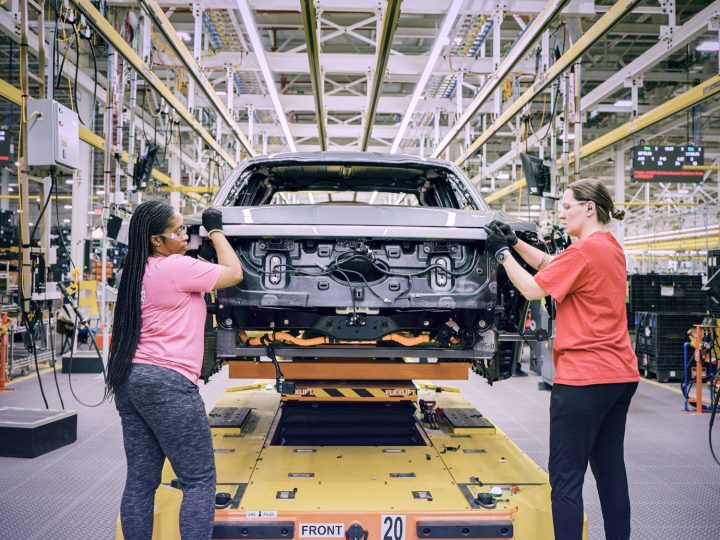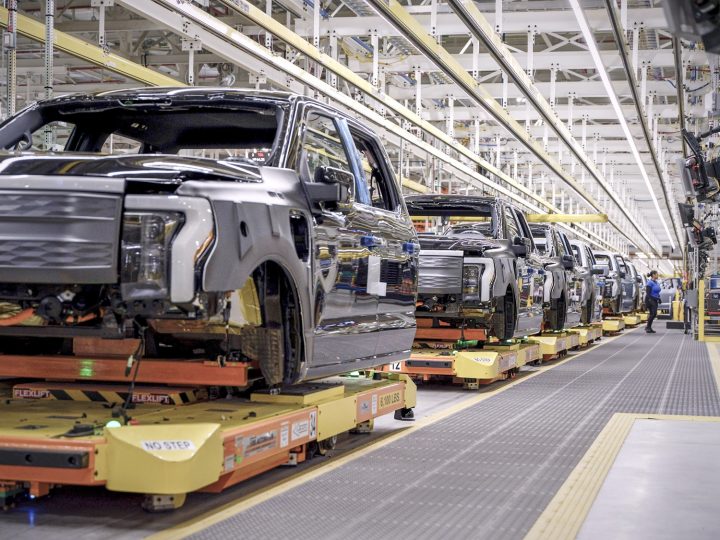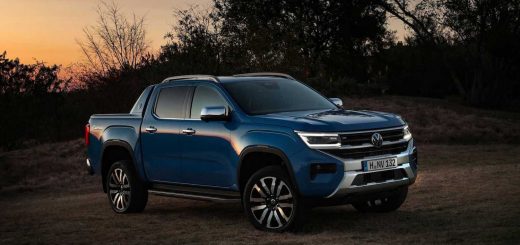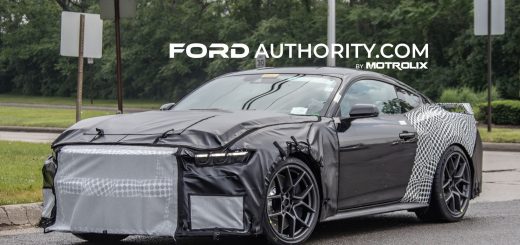As Ford Authority reported earlier this month, production of the Ford F-150 Lightning at the Rouge Electric Vehicle Center was paused for what was supposed to be one week, a direct result of the recent fire at a Novelis aluminum plant, which supplies The Blue Oval with much of that particular material. That incident has had a far broader impact on the industry as well, prompting the automaker to halve production of the ICE Ford F-150, a top seller and highly profitable model. Now, the Ford F-150 Lightning production pause will continue indefinitely as a result.
In its Q3 2025 financial reporting, FoMoCo revealed that production of the Ford F-150 Lightning at REVC will remain paused as the automaker prioritizes its more profitable gas and hybrid F-150 pickups, as well as the Super Duty - and, according to the automaker, both also use less aluminum in their construction than the EV pickup. As for the workers at REVC, they'll be transferred next door to the Dearborn Truck plant, joining a newly-formed third crew at that facility.
As Ford Authority reported earlier today, The Blue Oval plans to use that extra crew to help boost F-150 output by 45,000 units in 2026. Those extra 1,200 workers will be joined by 90 new employee additions at the Dearborn Stamping plant and 80 more workers set to be placed at the Dearborn Diversified Manufacturing plant to support this increase. Additionally, output at the Kentucky Truck plant in 2026 will increase by around 5,000 units per year with 100 additional employees, coupled with a $60 million dollar investment in line speed increases and employee training.
These strategic manufacturing changes are key for Ford's financials over the next year or so, given the fact that it expects to take as much as a $2 billion dollar hit to its EBIT (earnings before tax and interest) this year as a direct result of the fire. Ford expects that these moves could help cut that loss in half by the time 2026 is over, in fact.

















Comments
That fire is the best thing that happened to Ford this year. Now, they can cease production on a product that isn't selling with the fire providing the "cover" for that decision.
Indeed.